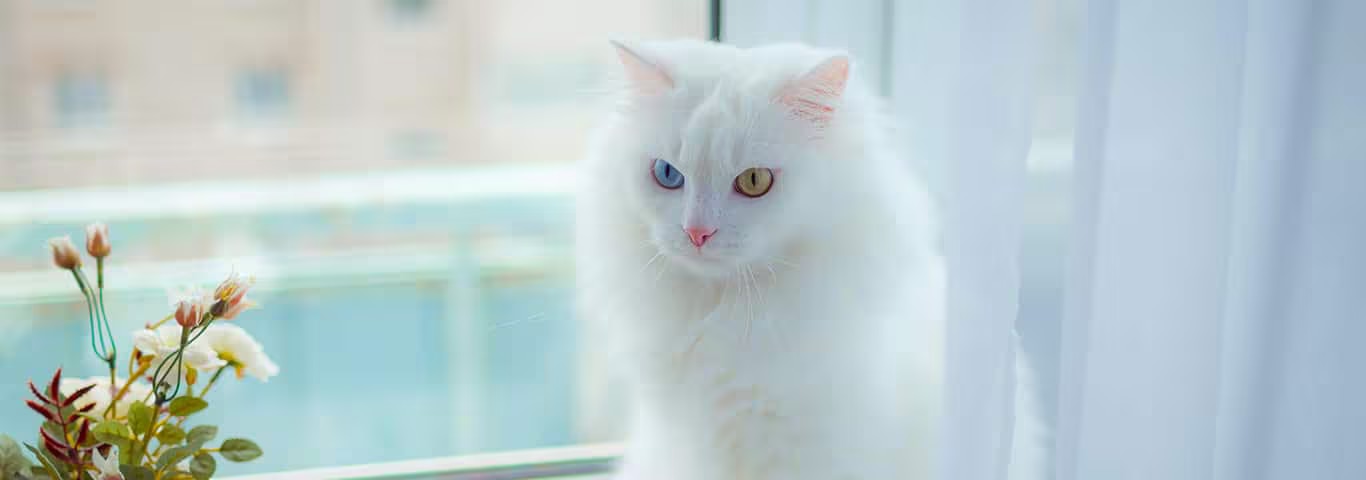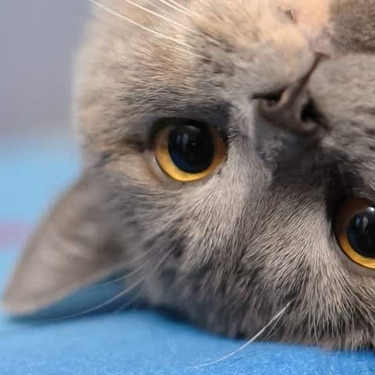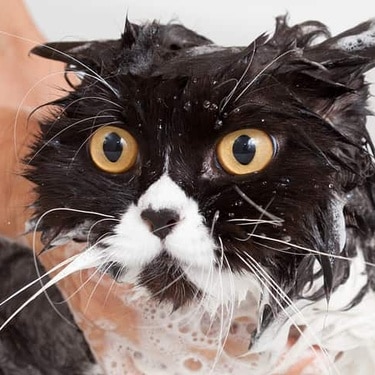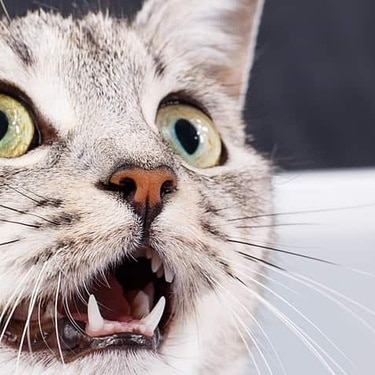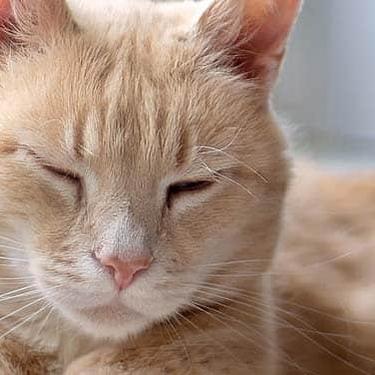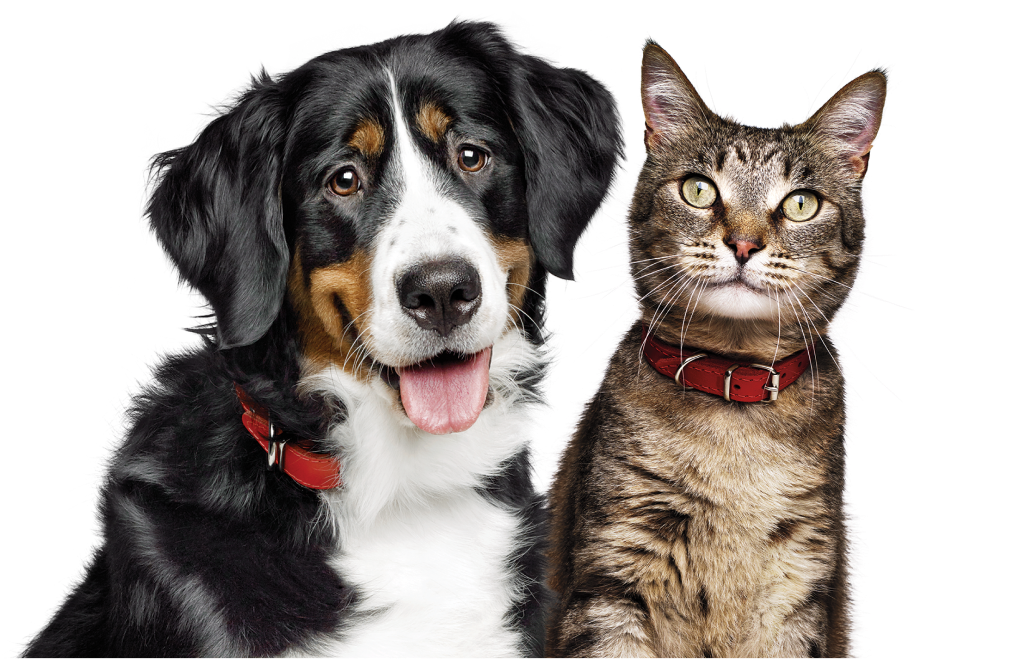The Turkish Angora is sweet but may become upset with sudden changes to her environment. This cat is quiet despite her semi-feral ancestry.
The Turkish Angora is loyal and affectionate, and loves to play and run.
The Turkish Angora should not be allowed to get fat. This elegant cat has fine boning and too much weight can be harmful.
The Turkish Angora loves to run and play and she should be provided with adequate perches and cat trees. She also likes a selection of toys.
The coat of the Turkish Angora needs to be brushed every day. Lacking an undercoat, the coat is relatively easy to care for as it generally does not knot or tangle. If the Turkish angora has blue or odd eyes, she may be deaf. In this case, she may have a louder voice than expected since she cannot hear to modulate the loudness of her voice.
Anyone who wants to have a breed of pedigreed cat that is still being exhibited at a zoo should look for the Turkish Angora. This strikingly beautiful longhair cat still is kept at the zoo in Ankara, Turkey, where the breed is maintained.
The Turkish Angora may well have been the first longhair cat seen in Europe. In 1520, a longhair, white cat was brought to Europe from Ankara. This beautiful breed was fascinating to fanciers in Europe but was surpassed in popularity by the Persian. The Turkish Angora was then largely ignored and almost became extinct in Europe. If they had not been kept in the zoo in Turkey, we may have lost this breed entirely.
In the 1960s, an American couple visited Turkey. They fell in love with the Turkish angora cats in the zoo and tried to get permission to bring some of these cats back to the United States. Ultimately, they were permitted to do this and the cats were actively bred in the United States.












